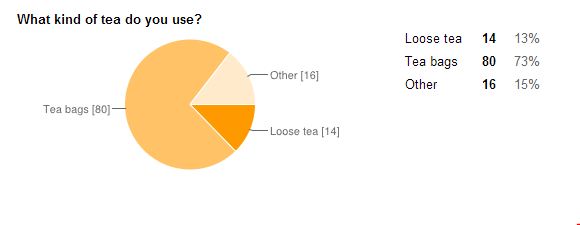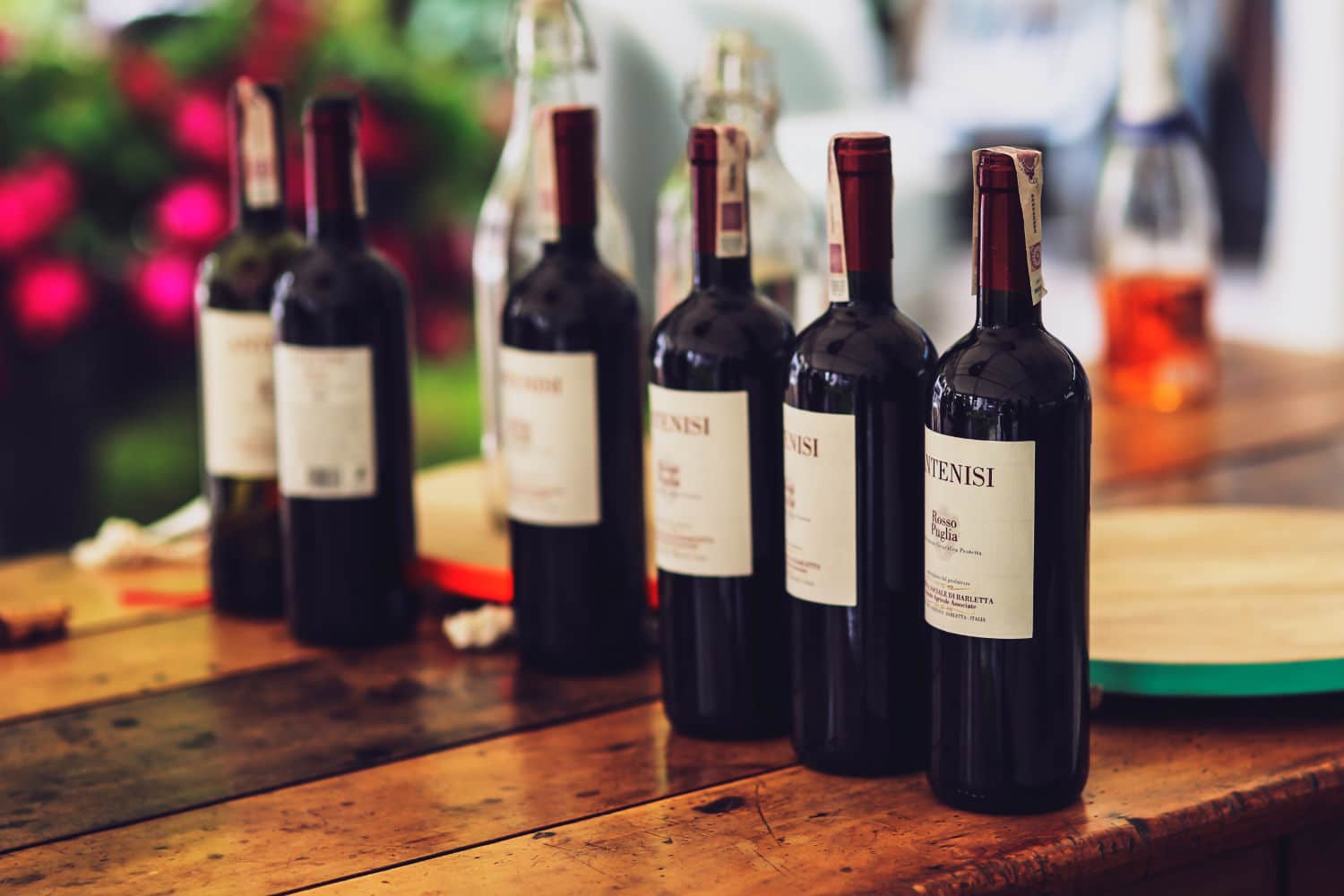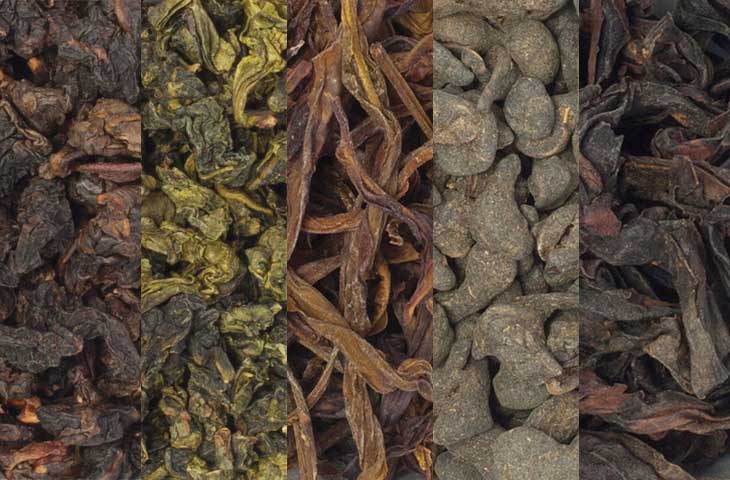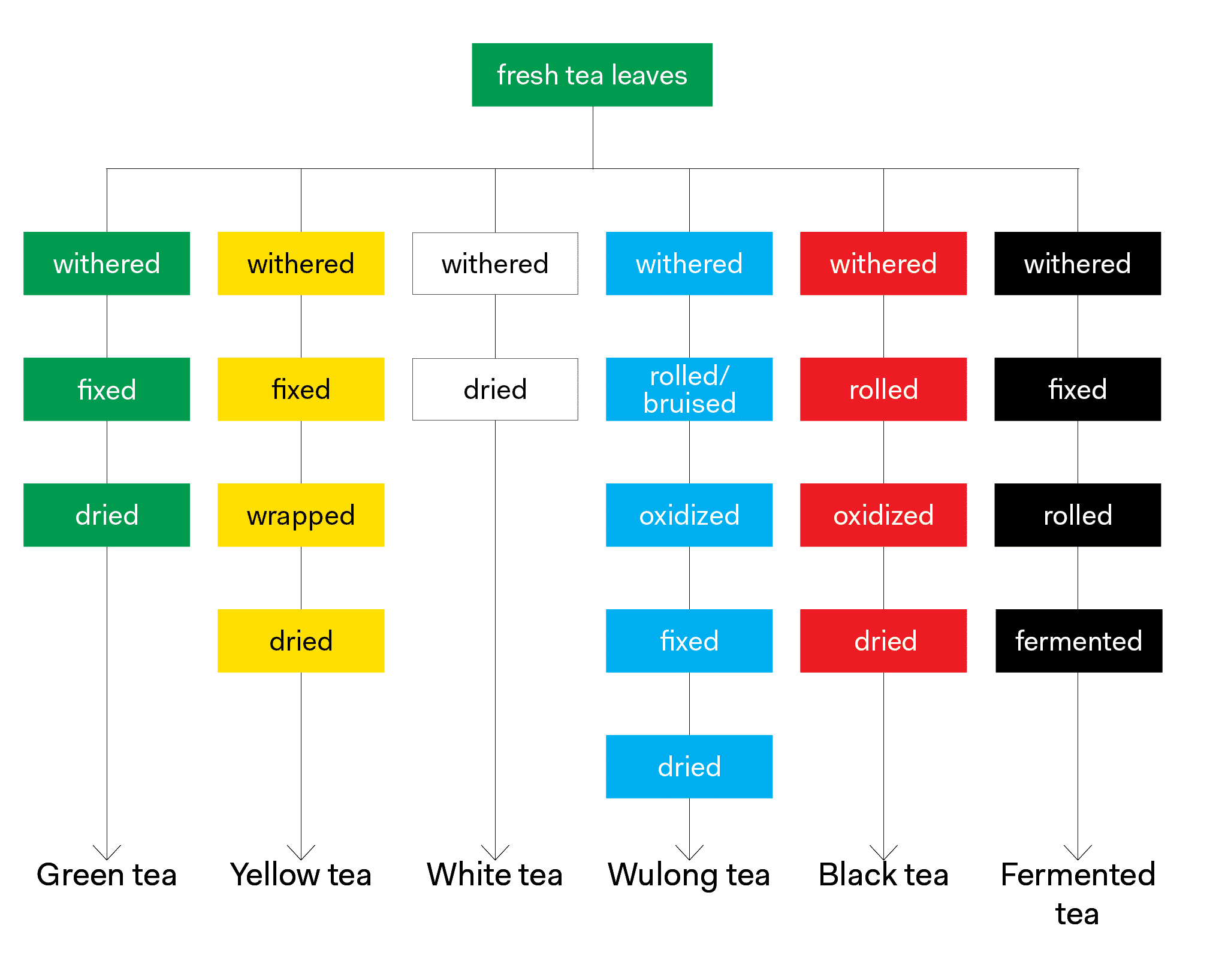British Tea Culture, we all know it exists, we all know it’s important, but what exactly does it mean? I set out to figure this out by interviewing over 110 people from the United Kingdom about their tea habits. I wanted to see what makes their tea culture unique across all social classes. I deliberately did not ask tea connoisseurs, for we know that the “connoisseur crowd” is a common stripe among all tea cultures.
Assumptions made: British Tea is a black tea, mostly a blended black tea. Teas blends are commonly made up of teas from India (Assam), Sri Lanka, or East Africa.
The following is a tag cloud of words that I gathered from asking the question “what does tea mean to you?”:
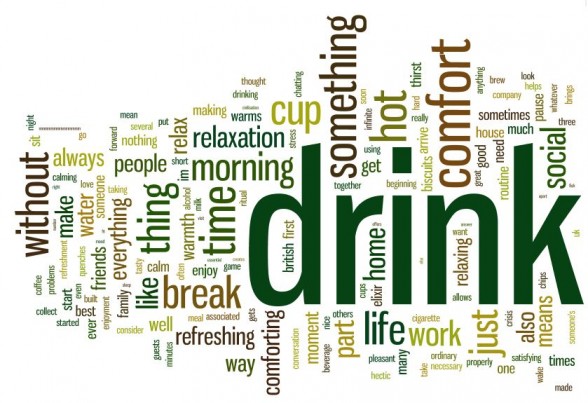
My favorite response:
“If the day is a sentence, tea for me is the punctuation.” – Andy Callaghan
Hearing a lot about how tea is considered a small meal or a time of the day in Britain, I asked the respondents whether tea was a time of the day, a meal, or supper. I realized later on that it was probably a mistake to ask if tea was a beverage as well, as most responses included this as an answer. It was possible to choose more than one answer.
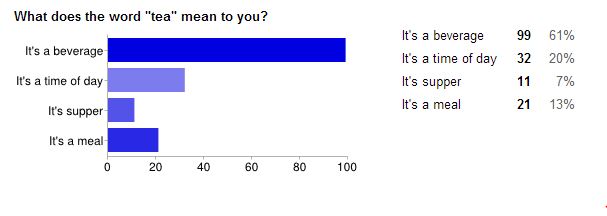
When asked what food is most likely to accompany tea:
50% drink tea with biscuits
27% drink tea on its own
9% drink tea with cake
The term “biscuit” is used a bit differently in the UK than in America. Typically, rich tea biscuits, digestives or hobnobs are consumed with tea. They are a hard biscuit that can be dipped in tea.
Tea bags seem to be a favorite with 71% preferring them as opposed to 13% loose and 15% other (whatever that means). Of those that answered loose, steeping methods ranged from the most common answer “strain the tea once steeped” to “use of a filter while steeping.”
When asked whether they steep tea directly in a tea cup or mug or in a tea pot, I was surprised at how few people use tea pots:
69% brew tea in a tea cup or coffee mug
19% brew tea in a tea pot
12% use something other than tea pots or cups/mugs
I’ve read about the use of brown teapots called “brown betty” teapots, the interwebs seem to think that these are widespread throughout the UK, however only 17% of respondents had actually heard of them and 6% actually owned one.
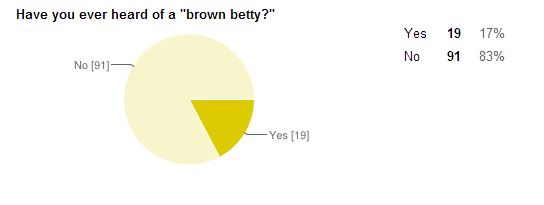
Most remember drinking tea as a child, in fact:
The average age that Brits remember drinking tea is 9
9% of respondents could not remember the age at which they begun drinking tea but answered “for as long as I can remember.”
Now we move into touchy territory, preparation preferences. I asked “how do you take your tea” and gave four options: with milk, with sugar, with milk and sugar, and other. Here are the results:
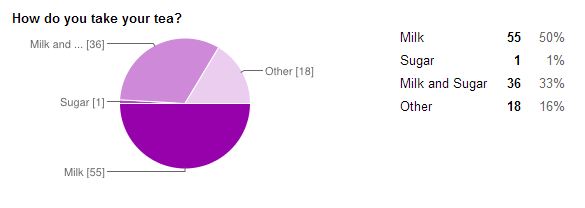
Another personal preference that has sparked many a debate is what to add first, milk or sugar.
67% add milk first
33% add sugar first
The next section of the survey dealt with “builder’s tea” something that garnered some “colorful” responses. “Builder’s Tea” is a name given to what some describe as a “working man’s tea” – a very strong brew with copious amounts of milk and sugar in it.
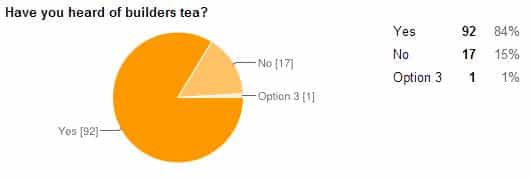
Here are some of the answers I received when I asked “what does builder’s tea mean to you?”:
Builder’s tea is
“overly strong, excessively tannic” / “very strong, milky, two sugars” / “very strong and sweet” / “something revolting for morons” / “bog standard, everyday tea” / “ordinary tea with no frills, fairly strong”
Back to tea-ware, I wanted to find out what most people owned as far as tea implements go. One thing I quickly learned was that nearly everyone uses electric kettles in the UK and boiling water on the stove is rarely done. I even found this amusing post about the predictable surge in electricity demand that the power infrastructure must deal with each day. Here is a tag cloud gathered from responses to the question: “Do you own a kettle, a tea pot, and teacups? Tell me about your teaware:”
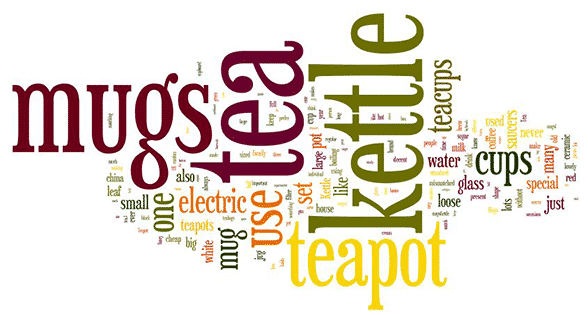
When asked what their favorite brand was, respondents gave a wide variety, but the most common brands were Twinings, Yorkshire, PG Tips and Tetley. Here are the results:
23% Twinings
22% Yorkshire
17% PG Tips
5% Tetley
33% Other
While everyone has their own personal favorite way to prepare tea, the most common way to prepare tea in the UK seems to be:
Freshly boiled water is poured from the electric kettle into a mug over a tea bag. After several minutes, the tea bag is removed and milk is added and sometimes sugar. Actually, be right back, I think I’ll have a cuppa.
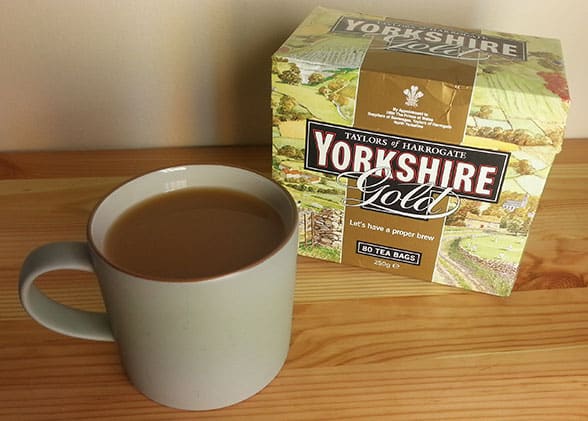
Interestingly enough, Royal Society of Chemistry has put out a release entitled: “How to make a Perfect Cup of Tea” check it out for a more detailed guide to making tea.
To the British, tea is important, tea is always offered to guest upon arrival to one’s home, tea is always offered in times of crises, and in times of celebration, at all times really. A cuppa is said to solve all problems.
Many thanks to the friends I met in my travels that helped me with this post and to the wonderful people of r/askuk. Any questions or comments? Feel free to leave a message in the comments below.
